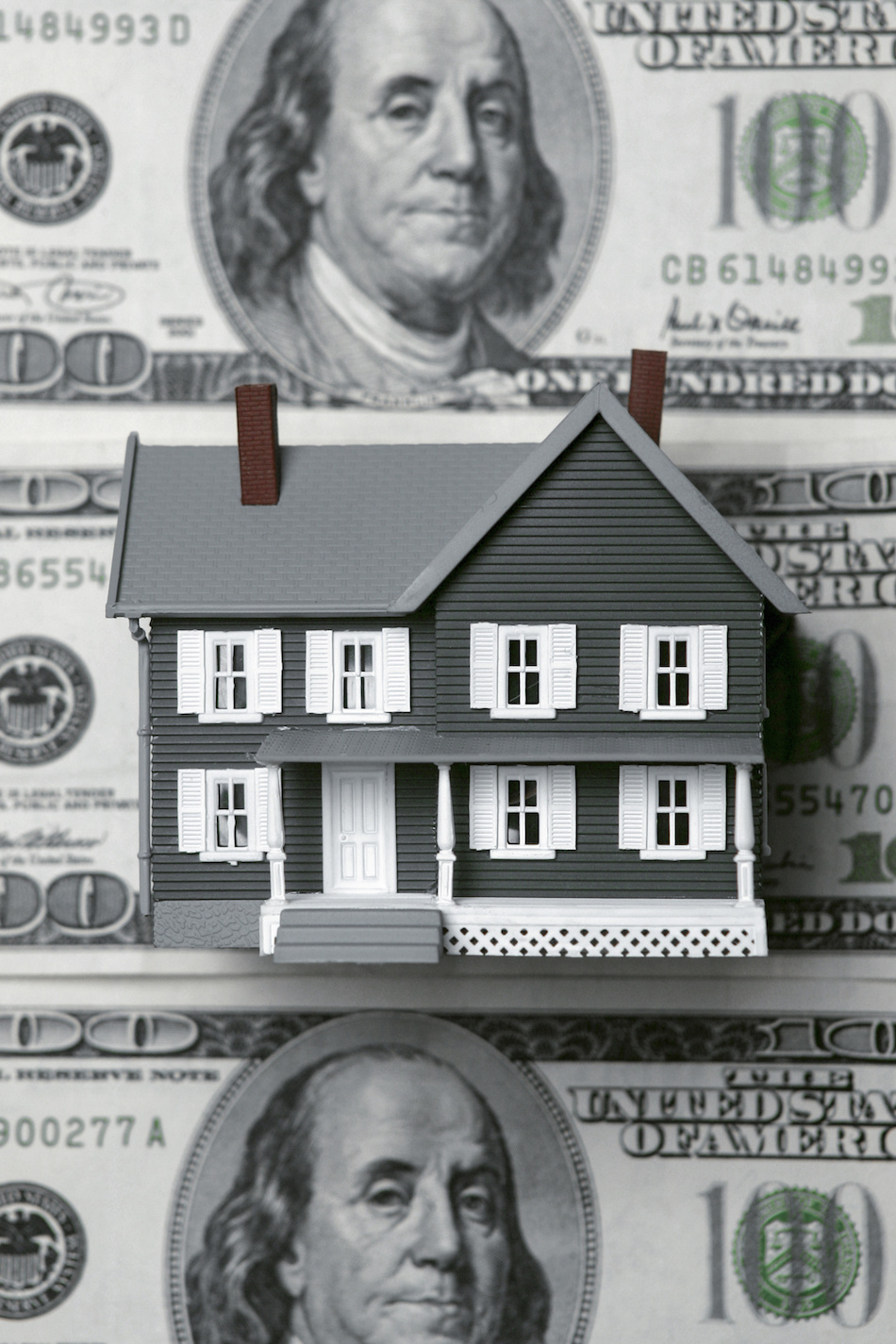 Selling a home is almost always a good thing - it means moving on to a property with better space, finally getting that dream house, and maybe even making a lot of money in the process.
Selling a home is almost always a good thing - it means moving on to a property with better space, finally getting that dream house, and maybe even making a lot of money in the process.
Creating A Plan
The asking price of a home is more important than people might realize; not only does it determine a baseline for who might be interested in the home, but more importantly it sends a message about the home’s value and worth. Also referred to as the listing price, this number should be carefully calculated in order to have a successful sale.
So how exactly does one create an accurate asking price? Usually homeowners work with a real estate agent to talk about their desires and come up with a rough idea of a number. The agent will then pull information from the neighborhood to see what similar homes have sold for in the recent past. They will also examine what’s currently on the market and create an analysis of what’s trending in any market, be it Gallatin or elsewhere.
Called comparables, or comps, this is a great way to get an idea of how much a home could realistically sell for, but homeowners should be aware that it’s not a guarantee. An asking price is just that - the number you’re asking for, but not requiring. It sets the stage for negotiations to take place, and sometimes buyers might come in with a number that’s higher or lower than asking.
Evaluating The Selling Price
Some homeowners are shocked to learn that their home’s selling price ended up being far off the mark from their asking price. Assuming the real estate agent completed an accurate evaluation and came up with an appropriate list price, there could be several reasons why a home could sell at a lower figure.
Sellers are often in a rush to complete the transaction and move on to their next home, so if a house has been on the market for a long time without an offer, they might be inclined to take the first person that comes through the door. If this number is low, they just might say yes anyway.
Other external factors can contribute to a low selling price too. The asking price might have been too high for the particular neighborhood and buyers found better values elsewhere. Or, there might be nothing wrong with your home at all, but the neighbor’s yard was a messy turn off.
Being Realistic
It’s in the best interest of the homeowner to have accurate expectations when it comes to selling a home. It can be fun to look at estimates of your own home and dream about how much money you’ll make, but the reality is that many elements come into play when finalizing a selling price. As long as you’ve developed a solid plan with your real estate agent and you can be patient with the process, you’ll have a better chance of the asking and selling prices being more similar.



